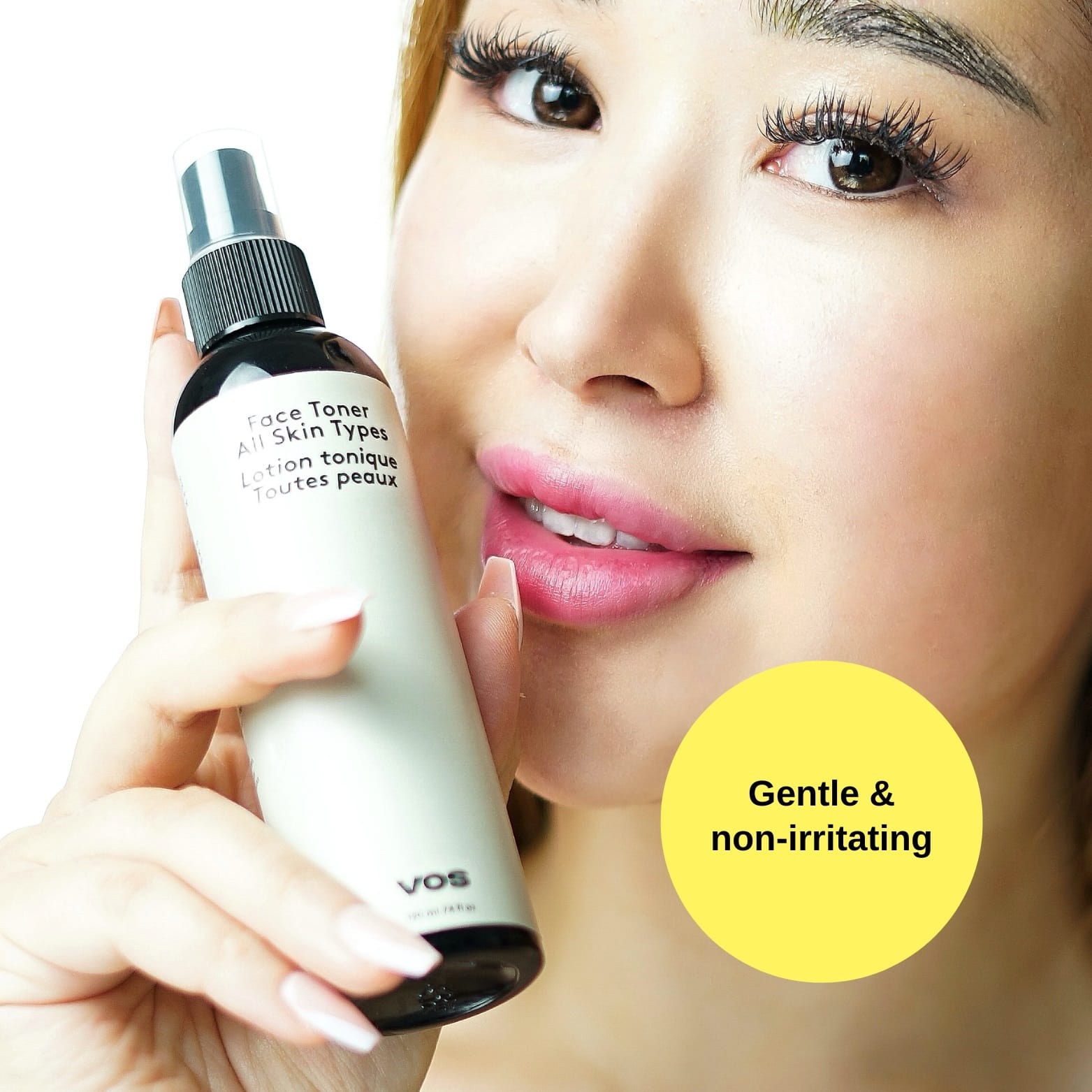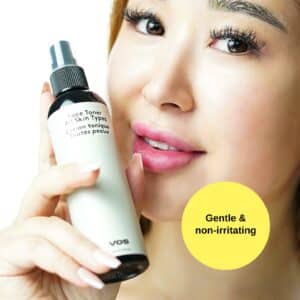A well-balanced skincare routine involves more than just cleansing and moisturizing. One often overlooked but essential step is the use of facial toner. Toners help to prepare the skin for better absorption of other products while restoring its natural pH. Choosing the right toner can support hydration, minimize the appearance of pores, and maintain overall skin health. This article explores the role of face toners, their types, and how to select the best toner suited for your skin type.
What Is a Face Toner?
Face toner is a liquid skincare product applied after cleansing and before moisturizing. Its main function is to remove any remaining impurities from the skin, restore pH balance, and prepare the skin for better absorption of serums or moisturizers. Toners often contain ingredients like glycerin, witch hazel, salicylic acid, or hyaluronic acid, depending on the skin concerns they address.
Why Toner Matters in Skincare
In many routines, toner is skipped. However, its benefits are measurable, especially when used consistently. Incorporating a toner in your regimen can:
- Remove residual dirt and makeup
- Help refine the appearance of pores
- Balance the skin’s moisture level
- Deliver active ingredients more effectively
- Support skin barrier function

Choosing the Best Face Toner for Your Skin Type
The effectiveness of a toner largely depends on its compatibility with your skin type. Using a toner that suits your specific needs can help address issues like dryness, oiliness, or sensitivity more effectively.
For Oily or Acne-Prone Skin
Oily skin types benefit from toners that control excess sebum and prevent clogged pores. Look for toners containing:
- Salicylic acid – a beta hydroxy acid (BHA) that penetrates pores and helps remove excess oil.
- Witch hazel – a natural astringent known to tighten pores and reduce oil.
- Niacinamide – helps regulate oil production and improve skin texture.
Avoid toners with high alcohol content, as they can strip the skin and trigger more oil production.
For Dry or Dehydrated Skin
Hydrating toners help draw moisture into the skin and support its natural barrier. Key ingredients to consider:
- Hyaluronic acid – a humectant that attracts moisture.
- Glycerin – another effective humectant that retains hydration.
- Aloe vera – provides calming and moisturizing benefits.
Opt for alcohol-free formulations to prevent further dryness.
For Sensitive Skin
Sensitive skin types require gentle formulations that soothe without causing irritation. Ingredients to seek out include:
- Chamomile extract – reduces redness and soothes discomfort.
- Panthenol (Vitamin B5) – supports skin repair and hydration.
- Allantoin – calms the skin and promotes healing.
Fragrance-free and alcohol-free products are generally better suited for sensitive skin.
For Combination Skin
Combination skin benefits from toners that offer hydration without increasing oiliness. These toners should:
- Be lightweight
- Contain balancing ingredients like green tea or niacinamide
- Avoid heavy occlusive agents that may clog pores
Products with dual-purpose ingredients that hydrate while controlling shine are often ideal.

How to Apply Face Toner Correctly
Correct application is key to maximizing the benefits of your toner. Follow these steps:
- Cleanse – Begin with a gentle cleanser to remove surface impurities.
- Apply toner – Dispense toner onto a cotton pad or your hands and gently pat onto the face and neck.
- Wait and follow up – Allow the toner to absorb fully before applying serums, moisturizers, or sunscreen.
Avoid rubbing harshly or using too much product. Toner is most effective when used consistently, both in the morning and evening.
Signs That You Might Be Using the Wrong Toner
If your toner leaves your skin feeling tight, irritated, or overly dry, it may not be the right fit. Here are some signs to watch for:
- Increased redness or sensitivity
- Dry patches or flaking skin
- Stinging or burning sensation
- Breakouts or clogged pores
Switch to a formula more appropriate for your skin type if any of these occur. Always patch-test new products before applying them to your entire face.
Tips for Getting the Most from Your Face Toner
- Store properly – Keep your toner in a cool, dry place to preserve its stability.
- Use fresh cotton pads – If using cotton pads, use clean ones to prevent bacterial contamination.
- Don’t over-apply – A small amount goes a long way; overuse can lead to imbalance.
- Be consistent – Results are often gradual. Regular use helps maintain skin tone and clarity.
Conclusion
Face toners are more than just an optional step—they are a foundational part of a complete skincare regimen. When chosen correctly and used consistently, they can support hydration, reduce oiliness, and improve the absorption of other skincare products. Understanding your skin type and selecting a toner with suitable ingredients is essential to achieving balanced and healthy skin.
By focusing on skin-specific needs and making informed choices, you can confidently select the best face toners to elevate your daily skincare routine. Whether your goal is hydration, oil control, or calming sensitive skin, there’s a toner formulation that can support your skincare goals without unnecessary complications.





